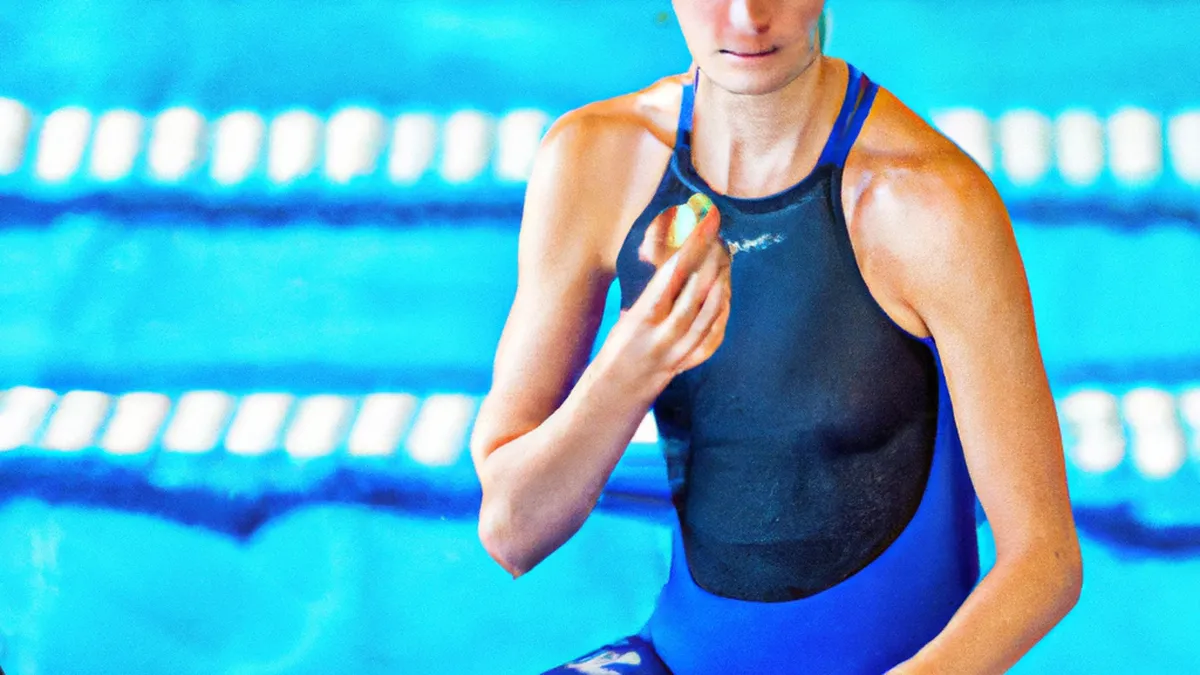Optimal Nutrition for Triathletes
Nutritional Needs for Endurance AthletesEndurance athletes push their limits in marathons, long-distance cycling, and swimming. They must fuel their bodies properly to succeed. Nutrition significantly impacts both performance and recovery. This blog post outlines essential nutritional needs for endurance athletes and offers practical diet tips.
Understanding Fuel Requirements
Endurance athletes need more fuel than recreational athletes. Their bodies burn calories faster during prolonged activities. A balanced intake of carbohydrates, proteins, and fats is essential.
Carbohydrates: The Primary Fuel Source
Carbohydrates provide the main energy source for endurance activities. They deliver quick energy, crucial for prolonged exertion. Endurance athletes should consume 55-65% of daily calories from carbohydrates. Focus on complex carbohydrates like whole grains, fruits, and legumes for sustained energy.Athletes must also replenish glycogen stores after workouts. Eating carbohydrate-rich foods within 30 minutes post-exercise enhances recovery. Ideal post-workout snacks include bananas with nut butter or smoothies with yogurt and berries.
Proteins: Building and Repairing Muscles
Proteins support recovery and muscle repair for endurance athletes. They should aim for 1.2 to 1.4 grams of protein per kilogram of body weight daily. Good protein sources include lean meats, poultry, fish, dairy, beans, and legumes.Incorporating protein into post-workout nutrition is crucial. Combining carbohydrates and protein after workouts helps muscle recovery and replenishes energy stores. A protein shake with a banana or a turkey sandwich on whole-grain bread works well.
Fats: The Sustained Energy Source
Fats provide concentrated energy for endurance athletes, especially during long-duration activities. Healthy fats support hormonal balance and overall health. Athletes should include healthy fats from avocados, nuts, seeds, and olive oil.Moderation matters with fats. Aim for 20-35% of daily calories from fats. This balance ensures adequate energy without unnecessary weight gain, which can hinder performance.
Hydration: Staying on Top of Your Game
As an Amazon Associate I earn from qualifying purchases.
Gear tip: consider swim goggles, swim cap, and kickboard to support this topic.
Hydration is as crucial as nutrition for endurance athletes. Dehydration can impair performance, leading to fatigue and cramps. Athletes should drink water before, during, and after exercise to maintain hydration.
Pre-Workout Hydration
Before workouts, athletes should drink 16-20 ounces of water to stay hydrated.
Conclusion
In summary, endurance athletes need balanced nutrition focusing on carbohydrates, proteins, and healthy fats for optimal performance and recovery.
Below are related products based on this post:
FAQ
What are the primary nutritional needs for endurance athletes?
Endurance athletes require a balanced intake of carbohydrates, proteins, and fats to fuel their bodies effectively. Carbohydrates should make up 55-65% of their daily calories, while proteins should be consumed at a rate of 1.2 to 1.4 grams per kilogram of body weight. Healthy fats should account for 20-35% of daily caloric intake, ensuring adequate energy and overall health.
Why are carbohydrates important for endurance athletes?
Carbohydrates serve as the main energy source for endurance activities, providing quick energy essential for prolonged exertion. Athletes should focus on complex carbohydrates like whole grains, fruits, and legumes for sustained energy. Additionally, replenishing glycogen stores with carbohydrate-rich foods post-exercise is crucial for recovery.
How important is hydration for endurance athletes?
Hydration is vital for endurance athletes, as dehydration can lead to fatigue and cramps, impairing performance. Athletes should drink water before, during, and after exercise to maintain hydration levels. It is recommended to consume 16-20 ounces of water before workouts to ensure proper hydration.















Post Comment